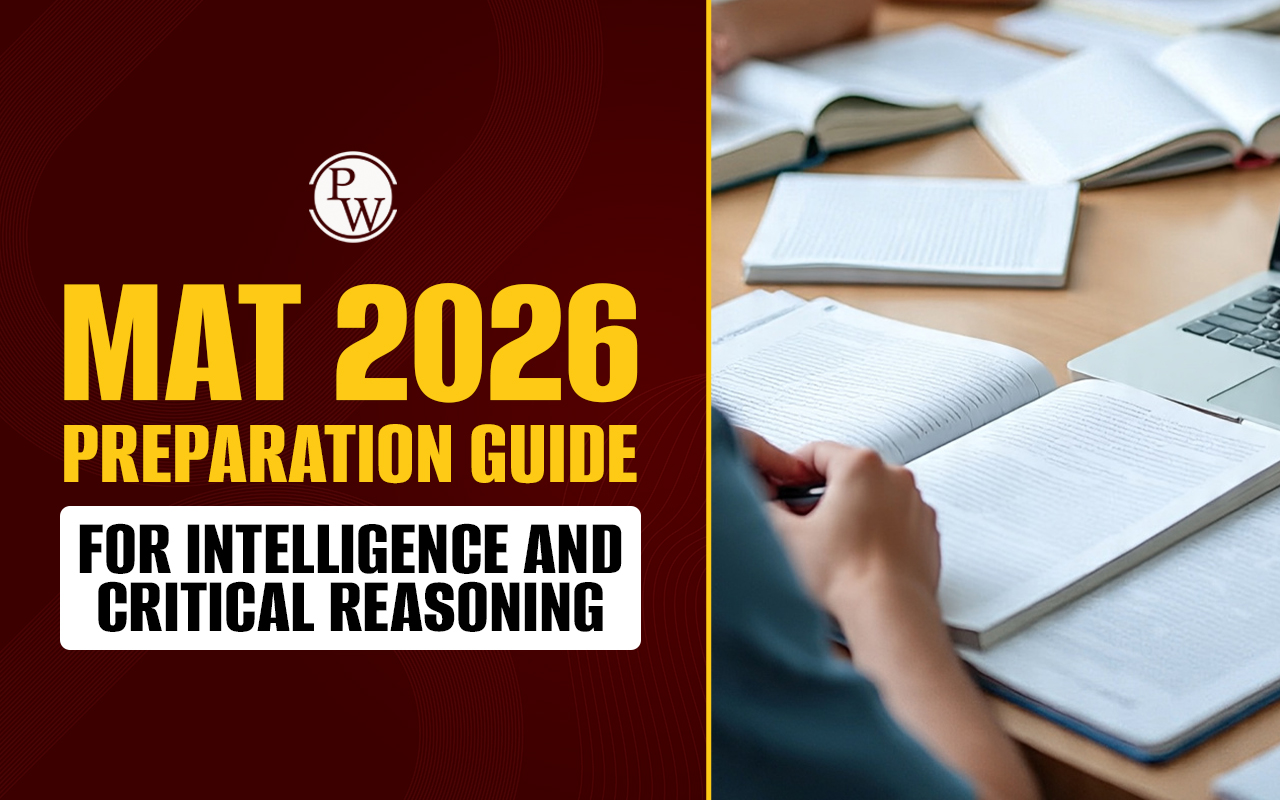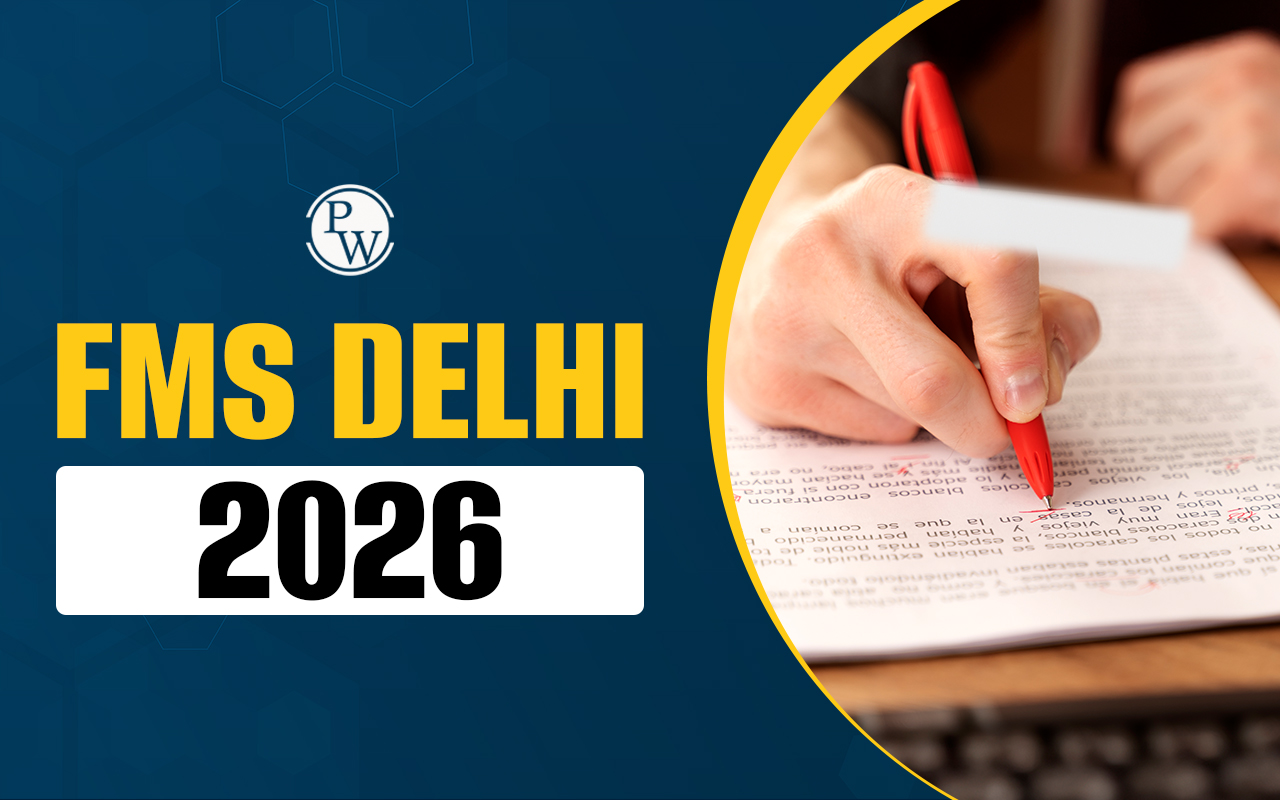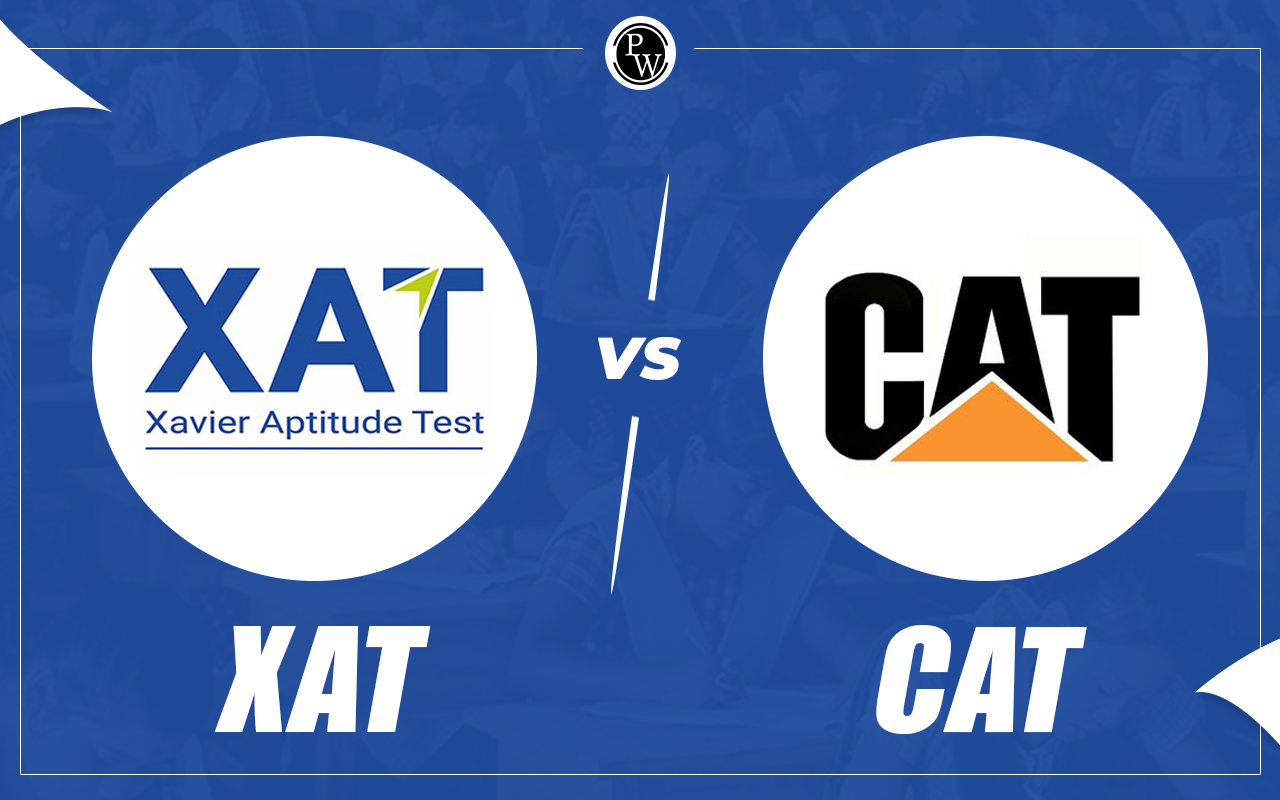
AWA GMAT: The Analytical Writing Assessment (AWA) section of the GMAT is a key component of the exam, designed to evaluate a candidate's ability to analyze and critique arguments. Despite its importance, many students underestimate its significance, often neglecting to practice it adequately. However, understanding and mastering the AWA can significantly enhance one's overall performance on the GMAT. Here we'll discuss the key aspects of the AWA, providing valuable strategies to help students achieve a high score.
AWA GMAT: Key Things Worth Knowing
The Analytical Writing Assessment (AWA) is an important component of the GMAT exam, testing a candidate's critical thinking, analytical reasoning, and communication skills. While it may not carry the same weight as the Quantitative and Verbal sections, the AWA can still have a significant impact on a candidate's overall GMAT score and their application to business schools.Importance of the AWA Section
The AWA section of the GMAT is designed to assess a candidate's ability to think critically, analyze arguments, and communicate their ideas effectively in writing. While business schools may not place as much emphasis on the AWA score as they do on the Quantitative and Verbal scores, it is still an important factor in the admissions process. Many business schools use the AWA score as a way to evaluate a candidate's communication skills, which are essential for success in the business world. Additionally, some schools may use the AWA score as a tie-breaker when comparing candidates with similar Quantitative and Verbal scores.Format and Structure of the AWA Section
The AWA section of the GMAT consists of two 30-minute essay questions: the Analysis of Issue and the Analysis of Argument.- Analysis of Issue : In this task, you will be presented with a general topic or issue, and you will be asked to write an essay that argues for one side of the issue. You will need to analyze the issue, identify the key points, and develop a well-reasoned argument to support your position.
- Analysis of Argument : In this task, you will be presented with an argument and asked to analyze the reasoning behind it. You will need to identify the assumptions, evidence, and flaws in the argument, and then write an essay that evaluates the argument's effectiveness.
Strategies for Approaching the AWA Section
Here is the required Strategies for Approaching the AWA Section listed below:- Understand the Task: Before you start writing, it is important to carefully read and understand the prompt for each essay question. Make sure you understand the issue or argument that you are being asked to analyze, and identify the key points that you need to address in your essay.
- Develop a Clear Structure: Each AWA essay should have a clear introduction, body, and conclusion. In the introduction, you should restate the prompt and briefly outline your argument or analysis. In the body, you should develop your argument or analysis in a logical and coherent manner, using relevant examples and evidence to support your points. In the conclusion, you should summarize your main points and reiterate your overall stance or evaluation.
- Use Appropriate Language and Tone: The AWA essays should be written in a formal, academic style. Avoid using colloquial language or slang, and instead use precise and sophisticated vocabulary. Additionally, maintain a neutral and objective tone throughout your essays, even if you are arguing for a particular position.
- Proofread and Edit: After you have finished writing your essays, take the time to proofread and edit your work. Check for any grammatical or spelling errors, and ensure that your essays are well-organized and coherent. You may also want to consider having someone else review your essays to get a fresh perspective.
Scoring and Reporting of the AWA Section
The AWA section of the GMAT is scored on a scale of 0 to 6, with 6 being the highest score. The two essay scores are then averaged to produce a single AWA score. The AWA score is reported separately from the Quantitative and Verbal scores, and it is not included in the calculation of the overall GMAT score. However, as mentioned earlier, the AWA score can still be an important factor in the business school admissions process.Common Mistakes to Avoid
Here is the required Common Mistakes to Avoid listed below, candidates can check the same over here:- Failing to Understand the Prompt: One of the most common mistakes made by GMAT test-takers is failing to fully understand the prompt for each essay question. Make sure you read the prompt carefully and identify the key points that you need to address in your essay.
- Lack of Structure or Organization: Another common mistake is writing essays that lack a clear structure or organization. Make sure your essays have a well-defined introduction, body, and conclusion, and that your arguments or analysis flow logically from one point to the next.
- Weak or Unsupported Arguments: It is important to support your arguments or analysis with relevant examples and evidence. Avoid making claims without providing adequate justification or support.
- Poor Grammar and Mechanics: Grammatical errors, spelling mistakes, and poor sentence structure can all detract from the effectiveness of your essays. Make sure to proofread your work carefully and correct any errors before submitting your essays.
Practice and Preparation
Effective preparation for the AWA section of the GMAT involves a combination of practice, feedback, and review. Here are some tips for preparing for the AWA:- Practice Writing Essays: The best way to improve your AWA skills is to practice writing essays under timed conditions. Try to write at least one or two practice essays for each of the two essay prompts, and then review your work to identify areas for improvement.
- Seek Feedback: Consider having your practice essays reviewed by a teacher, tutor, or experienced GMAT test-taker. They can provide valuable feedback on the structure, content, and writing style of your essays, and help you identify areas for improvement.
- Review Sample Essays: Reviewing sample essays that have received high scores can be a great way to understand what the GMAT graders are looking for in a successful essay. Pay attention to the structure, language, and overall quality of the essays, and try to incorporate these elements into your own writing.
- Develop a Consistent Writing Process: Experiment with different writing strategies and techniques to find a process that works best for you. This may involve outlining your essays, practicing timed writing exercises, or developing a set of templates or structures that you can use as a starting point for your essays.
AWA GMAT: Key Things Worth Knowing FAQs
What is the AWA section of the GMAT?
The Analytical Writing Assessment (AWA) is a part of the GMAT exam that evaluates your ability to analyze and critique arguments in written form. It consists of two essay tasks: Analysis of Issue and Analysis of Argument.
How important is the AWA section for my GMAT score?
While the AWA score is not included in the overall GMAT score (which focuses on Quantitative and Verbal sections), it is still significant. Business schools often use it to assess your communication skills, which are crucial for success in their programs.
How are essays in the AWA section scored?
Essays in the AWA section are scored on a scale of 0 to 6, with 6 being the highest. Scores from the Analysis of Issue and Analysis of Argument essays are averaged to produce a final AWA score.
How can I prepare for the AWA section?
Practice writing essays under timed conditions to simulate the exam environment. Seek feedback on your essays to improve structure and content. Review sample essays that received high scores to understand successful strategies. Developing a consistent writing process will also help enhance your performance.
Can I use templates or pre-planned structures for AWA essays?
While having a basic structure can be helpful, tailor your response to each prompt. Adapting your arguments and examples to fit the specific issue or argument presented will strengthen your essay.
🔥 Trending Blogs
Talk to a counsellorHave doubts? Our support team will be happy to assist you!

Free Learning Resources
PW Books
Notes (Class 10-12)
PW Study Materials
Notes (Class 6-9)
Ncert Solutions
Govt Exams
Class 6th to 12th Online Courses
Govt Job Exams Courses
UPSC Coaching
Defence Exam Coaching
Gate Exam Coaching
Other Exams
Know about Physics Wallah
Physics Wallah is an Indian edtech platform that provides accessible & comprehensive learning experiences to students from Class 6th to postgraduate level. We also provide extensive NCERT solutions, sample paper, NEET, JEE Mains, BITSAT previous year papers & more such resources to students. Physics Wallah also caters to over 3.5 million registered students and over 78 lakh+ Youtube subscribers with 4.8 rating on its app.
We Stand Out because
We provide students with intensive courses with India’s qualified & experienced faculties & mentors. PW strives to make the learning experience comprehensive and accessible for students of all sections of society. We believe in empowering every single student who couldn't dream of a good career in engineering and medical field earlier.
Our Key Focus Areas
Physics Wallah's main focus is to make the learning experience as economical as possible for all students. With our affordable courses like Lakshya, Udaan and Arjuna and many others, we have been able to provide a platform for lakhs of aspirants. From providing Chemistry, Maths, Physics formula to giving e-books of eminent authors like RD Sharma, RS Aggarwal and Lakhmir Singh, PW focuses on every single student's need for preparation.
What Makes Us Different
Physics Wallah strives to develop a comprehensive pedagogical structure for students, where they get a state-of-the-art learning experience with study material and resources. Apart from catering students preparing for JEE Mains and NEET, PW also provides study material for each state board like Uttar Pradesh, Bihar, and others
Copyright © 2025 Physicswallah Limited All rights reserved.
Get App









